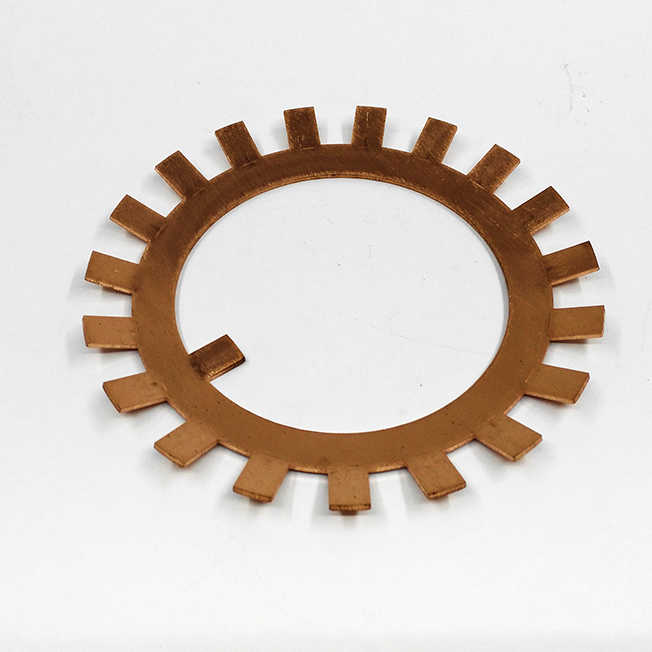Numerical control processing refers to a process method for processing parts on a machine tool. The process regulations of numerical control processing and traditional machine tool processing are generally the same, but there are also obvious changes.
CNC Machining uses digital information to control the displacement of parts and cutters. This is an effective way to solve the problems of small batches, complex shapes, and high precision. What are the characteristics of CNC
Machining?
One, the process is concentrated. CNC machining generally has tool holders and tool magazines that can automatically change tools. The tool change process is automatically carried out through program control, so the process is relatively concentrated. The economic benefits brought about by process centralization are as follows:
1. Reduce the occupied space of the machine tool and save the plant.
2. Reduce or eliminate intermediate links (for example, intermediate inspection, temporary storage of semi-finished products, etc.), saving time and manpower.

Second, automatic control, no need to manually operate the tool during CNC machining, and the degree of automation is high. The automatic control of CNC machining has the following advantages:
1. Reduce the requirements of the operators: a senior worker of an ordinary machine tool cannot be trained in a short time, and the training time of a CNC worker who does not need programming is very short. Moreover, the parts processed by CNC workers on CNC machine tools have higher precision than those processed by ordinary workers on conventional machine tools, saving time.
2. Reduce the labor intensity of workers: CNC workers do not need to control the machine tool most of the time during the machining process, which is very labor-saving.
3. Stable product quality: The automation of CNC machining frees workers on ordinary machine tools from fatigue, carelessness, and human error, and improves product consistency.
4. High processing efficiency: The automatic tool change of the CNC machining machine makes the processing process more compact and the labor productivity higher.
Which is better for CNC machining?
Three, higher flexibility. Conventional general-purpose machine tools have good flexibility but low efficiency; while traditional special machines have high efficiency, but have poor adaptability to parts, rigidity, and flexibility, making it difficult to adapt to the frequent product modification requirements brought about by market competition. Only by modifying the program, new parts can be processed on the CNC machine tool, and it can be operated automatically, with good flexibility and efficiency, so the CNC machine tool can well adapt to market competition.
Fourth, strong production capacity. The machine can accurately process various contours, and some contours cannot be processed by ordinary machines. Digitally controlled machines are particularly suitable for disallowing discarded parts. New products development. Urgently needed parts processing, etc.



